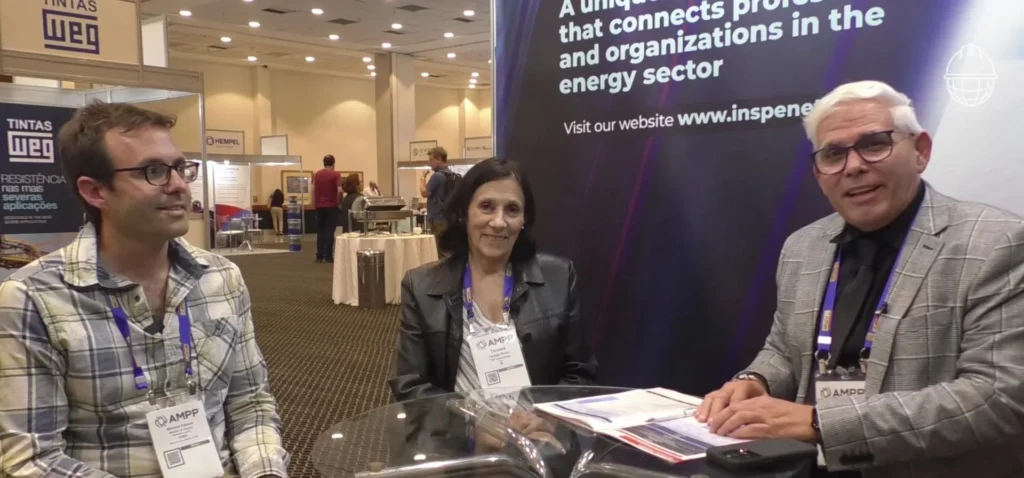It was a conversation of about 30 minutes quite interesting for those who wish to have knowledge and delve more about the energy transition and the challenges posed by the transport and storage of hydrogen, the creation of materials to this element, the role of nuclear energy and the potential of Latin America in all this context of energy changes in the world.
Perez and Kappes discuss the challenges and possible solutions in hydrogen production and use, specifically in relation to exports to the European Union.
The speakers point out that while hydrogen has applications in industries such as ammonia and steel production, the current economic challenge is the carbonization of hydrogen, which is currently produced from fossil fuels.
They also refer to the pressing issue of imposing EU taxes on imported products based on their associated emission levels.
To remain competitive and avoid penalties, exporting countries must prove that their ammonia, fertilizer or steel has been produced using green hydrogen, which reduces associated emissions.

Speakers discuss the importance of understanding how hydrogen is absorbed and the impact of emitted hydrogen on other processes.
When attempting to transport hydrogen for energy applications, such as hydropower from Patagonia to consumption centers, the economically optimal solution is to transport it as gaseous hydrogen.
However, this exposes hydrogen to high pressures, and the large size of hydrogen molecules (two stable atoms forming a single molecule) makes efficient transport difficult due to their size.
Despite the benefits of hydrogen, such as its use in industries like ammonia production, economic and technological challenges remain, including carbonization and costly production methods.
During the interview, guests commented on the vulnerability of hydrogen to embrittlement during transport and storage, emphasizing the importance of developing materials and procedures for welding and inspection.
They discussed the vulnerability of steel material under transport pressure, where the hydrogen atom can separate from the molten steel, making it more brittle.
This phenomenon, called hydrogen embrittlement, is especially crucial in transport and storage systems, where small cracks can lead to catastrophic failures.
To avoid structural failures, it is important to design and apply appropriate materials, welding and inspection procedures.
The challenge is greatest when it comes to reusing existing infrastructure, such as pipelines from the fossil fuel industry, to transport hydrogen.
Materials specialists evaluate the ability of the structure to withstand the new pressures and mechanical properties, considering the maximum operating pressure as a key condition, since the low energy density of hydrogen requires higher operating pressures than traditional petroleum products.
Overall, the session begins by focusing on hydrogen, but emphasizes that it is not the only solution to climate change and that there are many more challenges to address, as discussed by several experts in the field.
For more content related to the event visit https://inspenet.com/inspenet-tv/ and our Youtube channel.